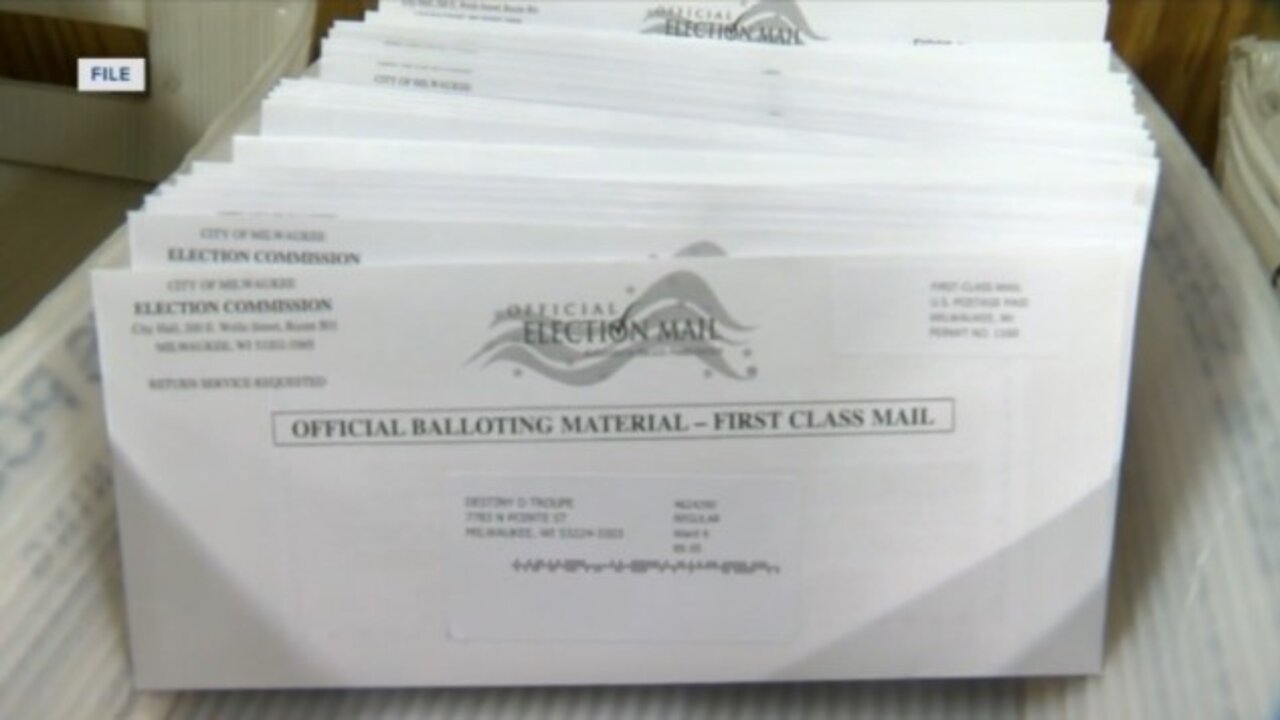In a landmark ruling that’s set political circles abuzz, the U.S. 3rd Circuit Court of Appeals delivered a major victory to the Republican National Committee (RNC) amidst the contentious battle over mail voting in Pennsylvania. This decision, overturning a federal district court’s order, has significant implications not just for the Keystone State but potentially for the entire landscape of American electoral politics.
At the heart of this lawsuit was a debate on whether mail-in ballots, which either lacked a date or were incorrectly dated under the voter’s signature, should be counted. Democrats leaned heavily on the Materiality Provision of the Civil Rights Act of 1964, arguing that these errors or omissions should not disqualify a ballot if they are “not material in determining whether [an] individual is qualified” to vote. Sounds pretty straightforward, right? Well, not so fast.
The RNC fired back, contending that enforcing a date requirement on ballots doesn’t trample on anyone’s right to vote. According to them, this is about ensuring the integrity of the voting process, akin to following traffic laws once you’re licensed to drive. The court’s decision echoed this sentiment, drawing a line between voter qualification and the actual casting of a valid ballot. In essence, the judges argued, while the federal Materiality Provision covers voter eligibility, states have the autonomy to dictate the specifics of how votes are cast by those eligible. And yes, that includes slapping a date on your mail-in ballot.
RNC Chairman Michael Whatley didn’t mince words when he hailed the ruling as a “crucial victory for election integrity and voter confidence” not just in Pennsylvania but across the country. He underscored the importance of voters feeling secure about their mail ballots, taking a dig at what he termed “unlawful left-wing attempts” to count undated or incorrectly dated mail ballots.
Now, let’s not pretend this is just about dates on ballots. This ruling taps into broader concerns and debates over mail-in voting, a method that saw a dramatic increase in the 2020 elections due to the pandemic. Republicans have voiced concerns over the potential for fraud with mail-in ballots, while Democrats argue that these voting methods expand access and participation.
This decision could set a precedent, influencing how mail-in voting is regulated and contested not just in Pennsylvania but nationwide. As we inch closer to the 2024 elections, battles over election integrity and voter access are heating up. This ruling from the 3rd Circuit is a reminder that the fight over how America votes is far from over. And if you thought election drama was so last season, think again.


Leave a Comment